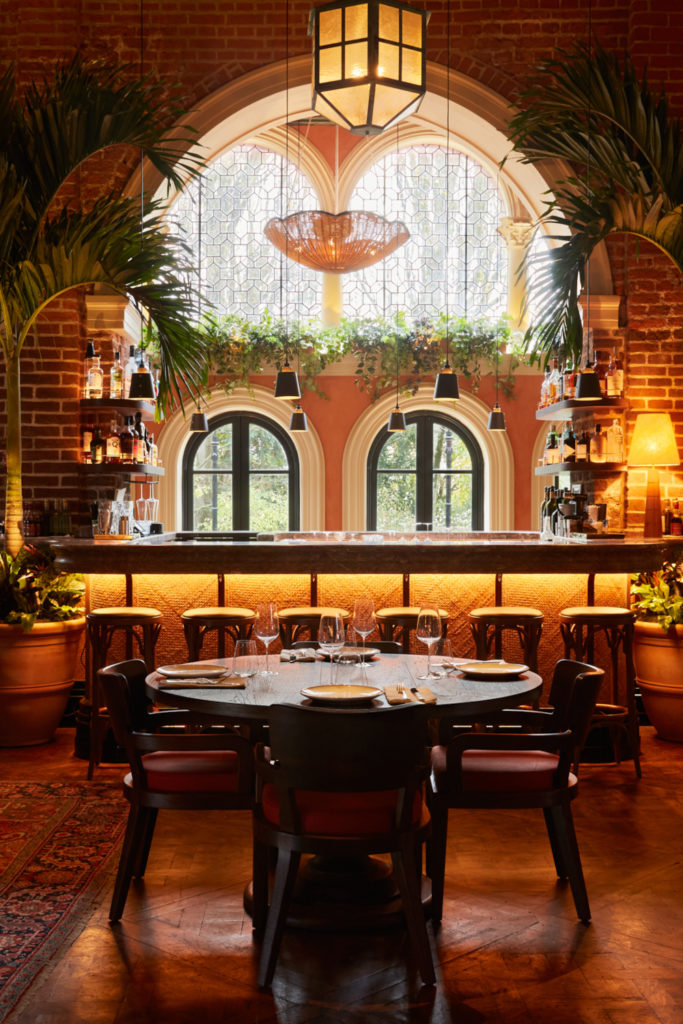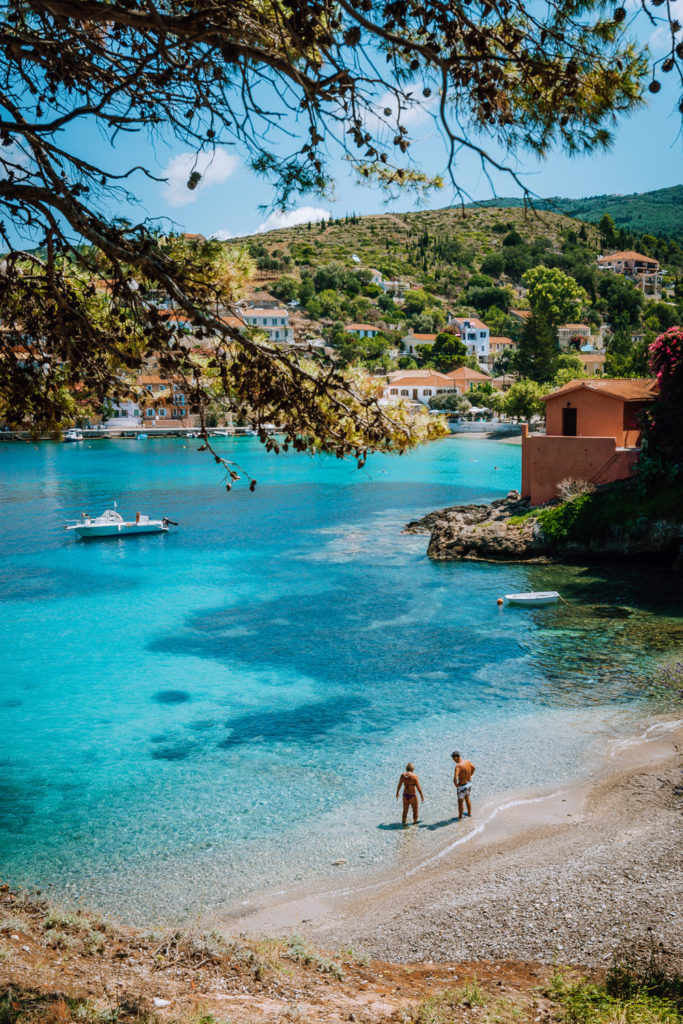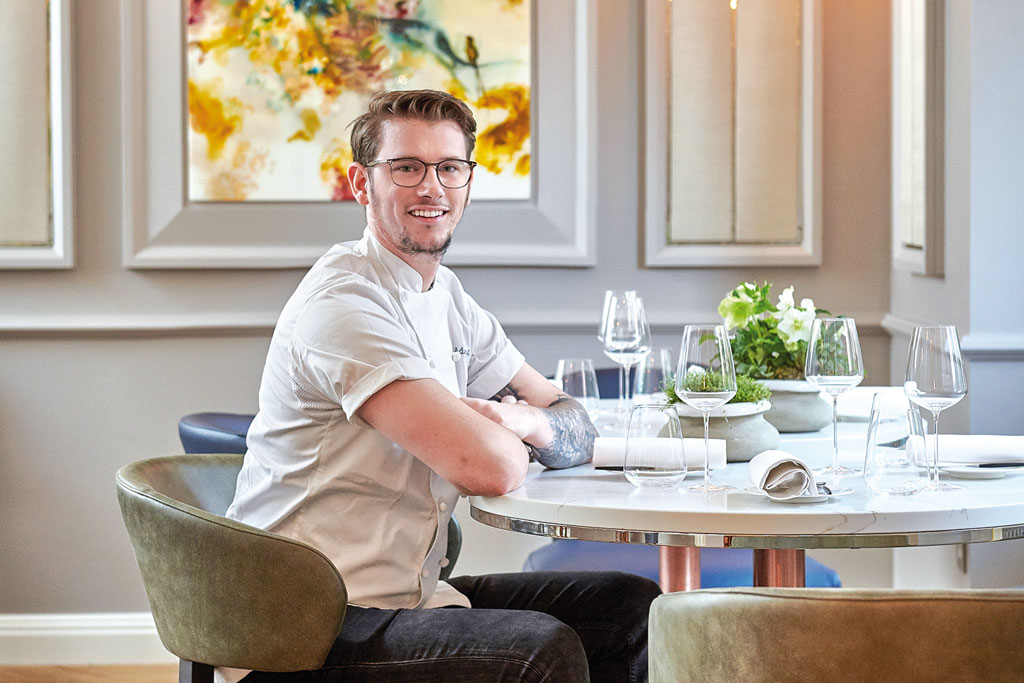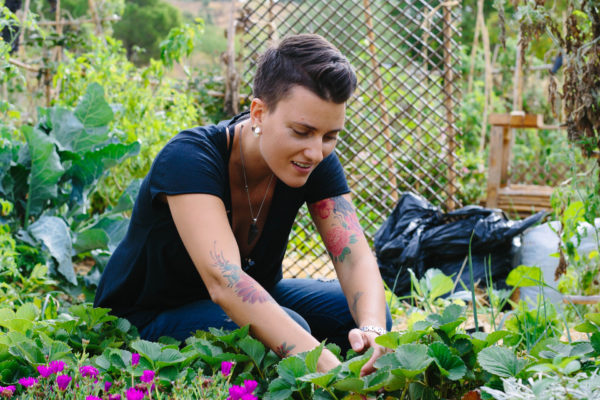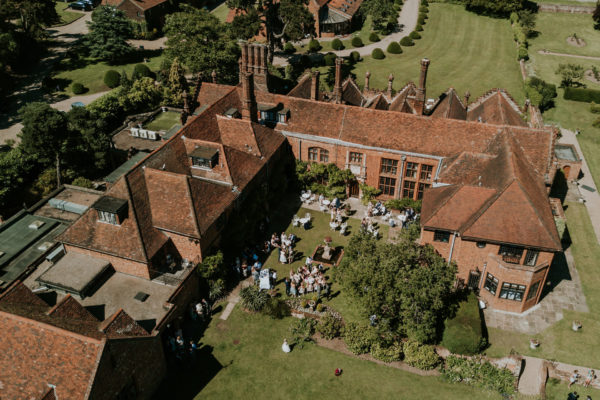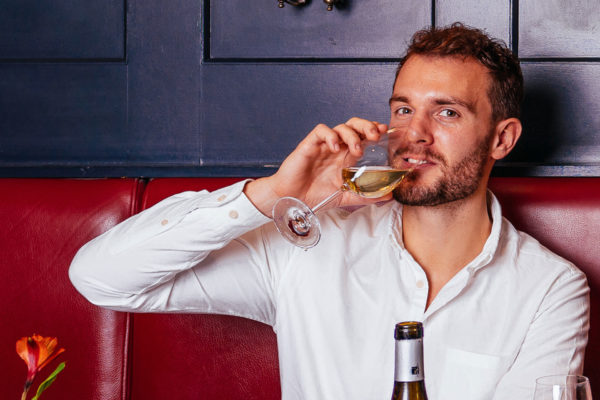5 Minutes With… Palmiro Ocampo
By
1 year ago
The Peruvian chef tells us about his low waste ethos
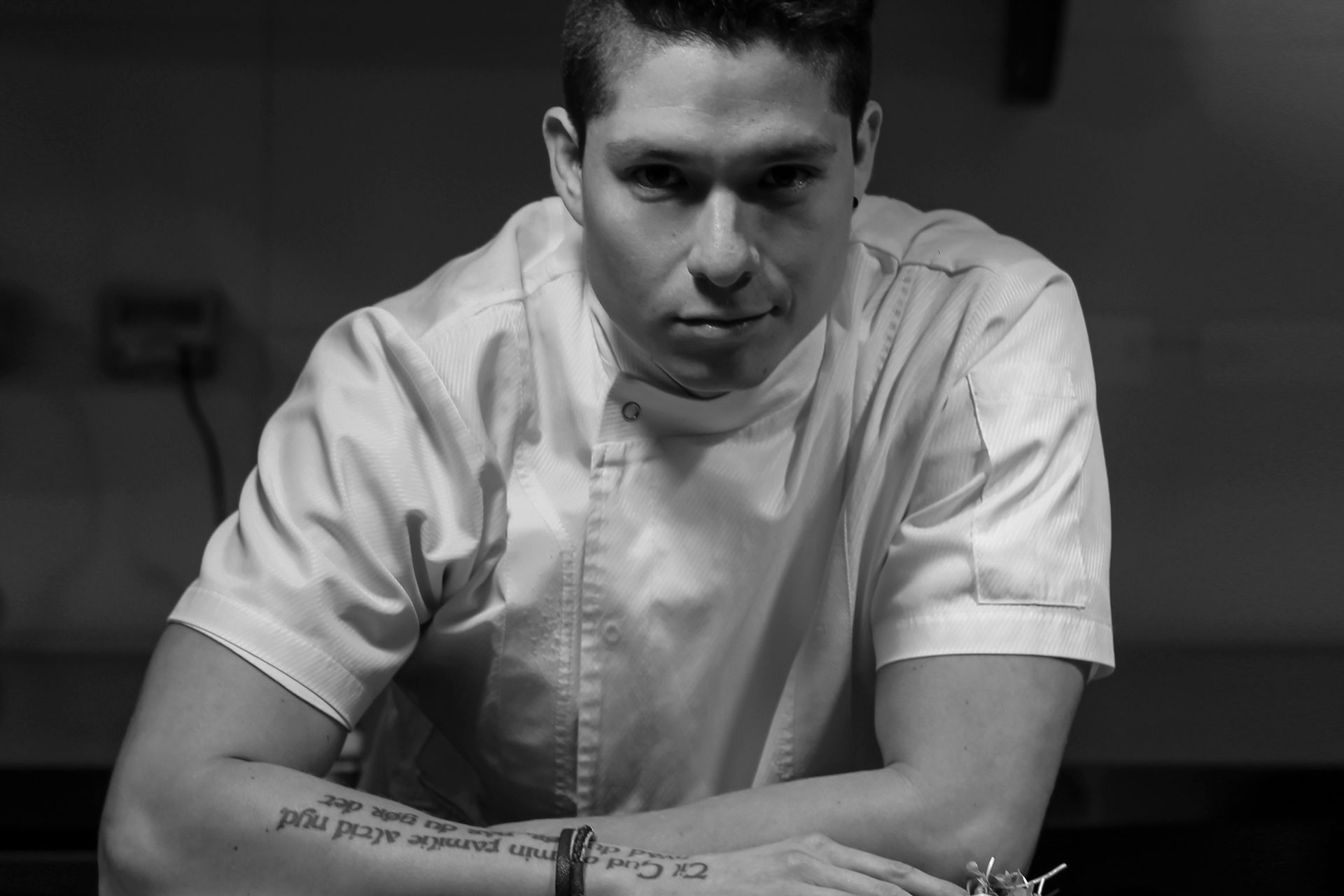
In the latest instalment of her chef interview series, Jenny Jefferies meets Peruvian chef Palmiro Ocampo. Ocampo trained at Cordon Bleu in Lima before working in a string of prestigious restaurants around the world, going on to launch his own company, Ccori, born with the mission to promote food sustainability through an ethos of ‘optimal cooking’.
Palmiro Ocampo On Peru’s Optimal Cooking Method
What is optimal cooking?
Optimal cooking is a cooking method that was born in Peru in 2014 and it’s all about the use of the whole ingredient: optimising the flavour, the texture and the nutrients.
It has three functions:
- Preserving: to develop new characteristics and to prolong the life of the produce.
- Culinary recycling: to take more of the ingredient that already brings something to the table.
- Plus product: to recognise the different parts of the ingredient as a product with both culinary and nutritional potential.
What does biodiversity mean to you and how is this implemented in your kitchen?
The highest respect made to biodiversity is to understand the journey that the produce has made, for the produce to finally be in our hands. And the best way to respect it is to use the produce whilst avoiding waste.
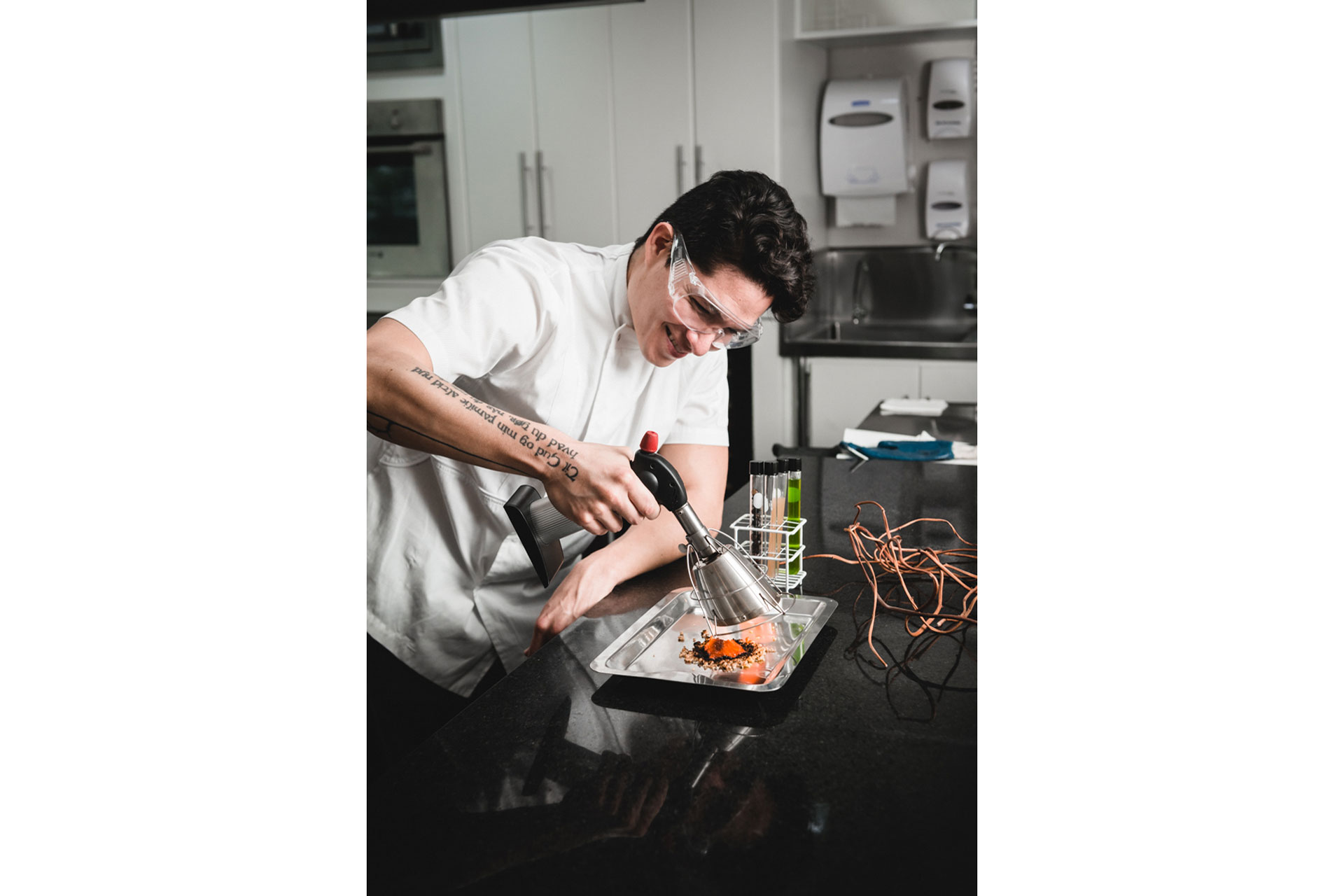
Who do you collaborate with to help improve your local community?
Ccori has two social programs of learning including ‘Kind Kitchens’, where we work with soup kitchens, teaching people ‘optimal cuisine’ in different locations. Secondly ‘Optimistic Cuisine’ is where we work with the inmates of a prison in Lima, our capital city. We source all the ingredients for our kitchens from local farmers.
What are the main challenges in the hospitality trade in Peru at the moment?
One of the main challenges in Peru is the food prices: the climate crisis is increasing temperatures, resulting in the produce becoming more scarce. This is a very new challenge for us here in Perú because there has always been plenty of produce before.
What does being a chef mean to you?
Like any other profession you love, this is my way of developing a part of my personality and where my passion becomes free like a bird. Like with other things in my life, I have a responsibility within my immediate environment, both socially and with nature.
Food means different things to different people, what does food mean to you?
Food to me is a language. We can communicate through food in a way that we can’t with words. Food could be our final evolution.
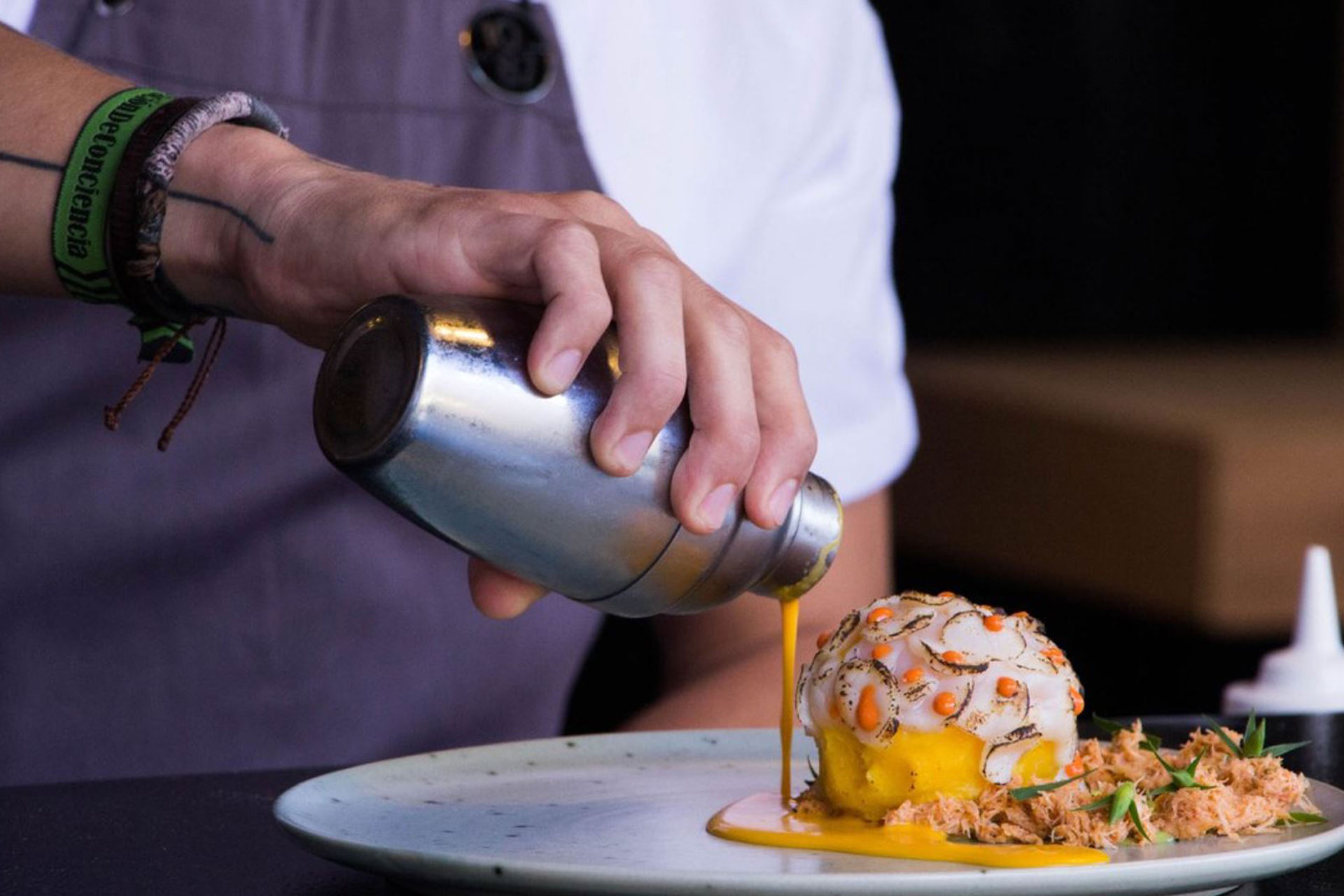
How important is communication and collaboration in today’s world?
Communication and collaboration is a must. It is important to share information, but at the same time, we must also be careful about what we put our attention towards, because in a world of plenty of information, there is a risk of lack of attention and real focus.
What are your biggest dreams for the future?
I dream of a world where everyone has an opportunity to grow and to learn how their resources can be optimised in harmony with everything else.
What has been your favourite meal ever and why?
One favourite meal that I remember was the day when my little brother and I went with our father to a beer factory. We had our first beer at twelve and six years old, and we then went to the workers’ dining room and had a platter of coq au vin. Just one to share. My father told us then that the best meal is the one that you share with other people.

